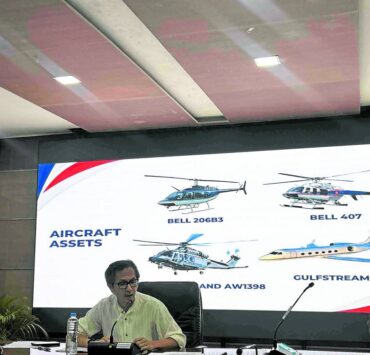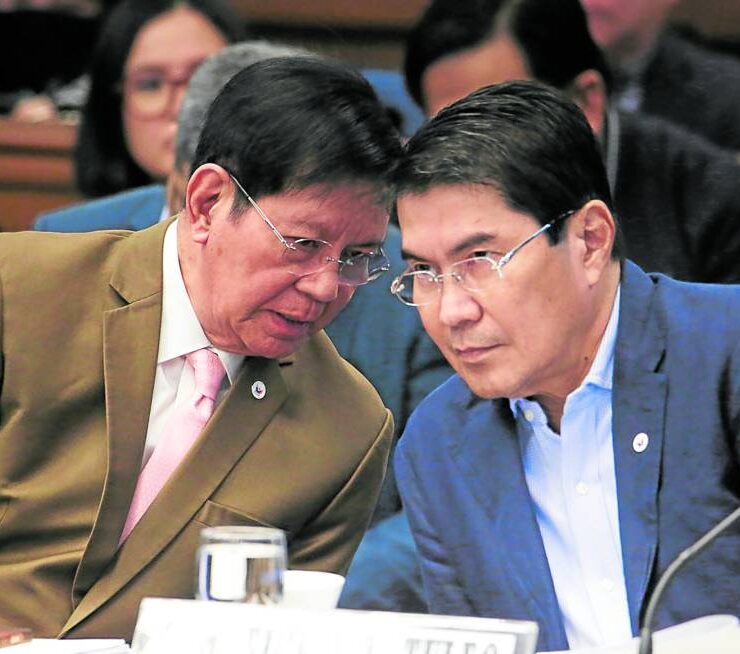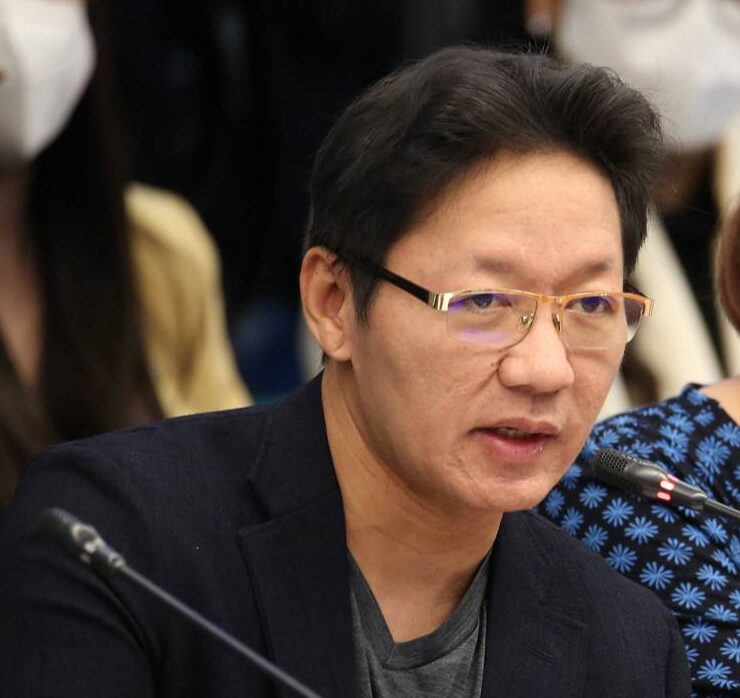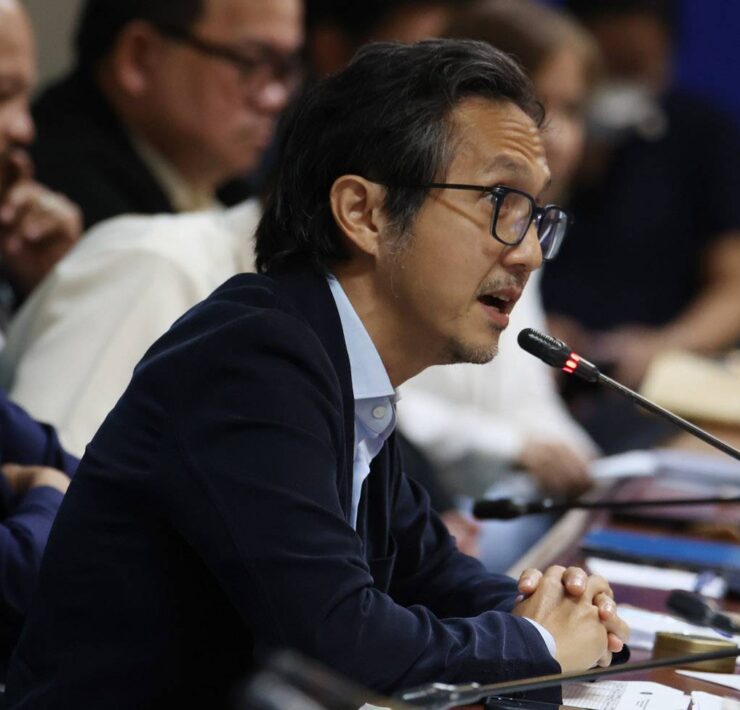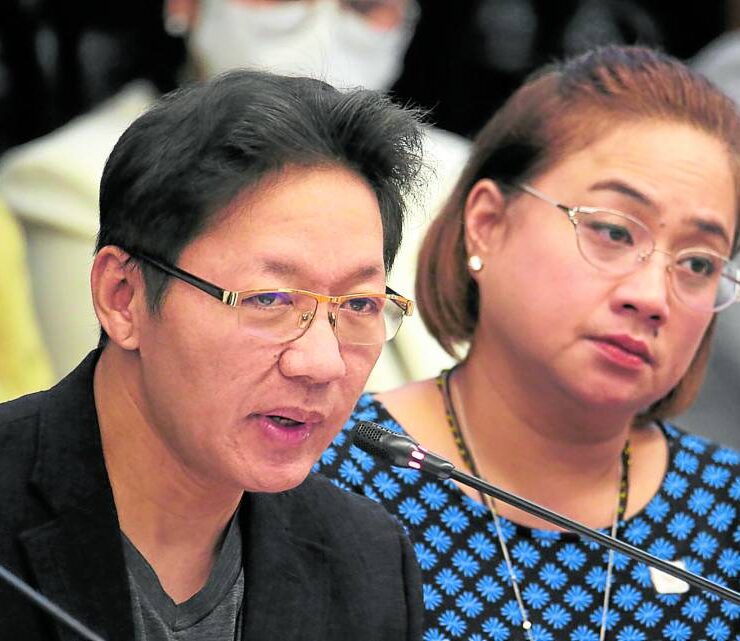Special courts to hear cases of graft-ridden infra projects
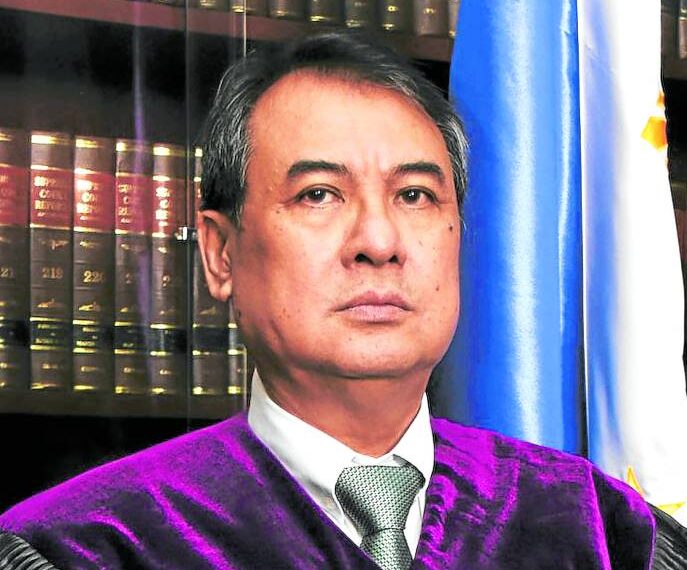
The Supreme Court on Wednesday said it would assign special courts to exclusively try and decide cases that would be filed in relation to the anomalous flood control and infrastructure projects.
According to the Office of the Supreme Court Spokesperson, the high court en banc ordered the Office of the Court Administrator to monitor the filing of cases involving alleged corruption in infrastructure projects before the regional trial courts (RTC).
“Once such cases are filed, the SC will designate special courts to exclusively hear and decide corruption-related cases arising from infrastructure projects,” it said in a statement.
In line with the designation of special courts, the Supreme Court said it is also continuing to implement reforms, particularly digitalization projects intended to address the long-standing problems of delay and case backlog.
The Supreme Court’s pronouncement on its contribution in the flood control probe comes a week after Senior Associate Justice Marvic Leonen said that the high tribunal has been “priming” the courts to address cases faster and more efficiently.
This was in line with its Strategic Plans for Judicial Innovations, which was drawn up before the controversies surrounding the public works projects came to light.
Sandiganbayan proposal
“If you are asking what support we can give to the Ombudsman and the other agencies, you see, the judiciary has to remain impartial at the end of the day, we will have to receive the evidence, and we are hoping that the cases are built up properly,” he said in a forum on Oct. 22.
Chief Justice Alexander Gesmundo said the Supreme Court en banc would have to review and deliberate on the Sandiganbayan’s proposed guidelines for resolving flood control cases, after Presiding Justice Geraldine Faith Econg disclosed in a television interview that they plan to dispose of the cases within six to eight months.
“Any suggestions and recommendations from the Sandiganbayan to expedite the cases involving flood control projects, for sure we will review immediately these rules, and see to it that they are implemented and properly drafted,” Gesmundo said.
Projects with DPWH
The high tribunal itself is also looking into judiciary infrastructure projects constructed by the Department of Public Works and Highways (DPWH), according to Leonen.
Upon the instructions of the court en banc and the chief justice, Leonen said they are surveying infrastructure projects in the judiciary, particularly the Halls of Justice built by the DPWH, as some of the contractors appeared in President Marcos’ list of top firms that cornered a large chunk of the government’s flood control projects.
“Fortunately most of the projects right now have been built, but in order to make sure that we were not shortchanged we are doing our own due diligence,” he said.














